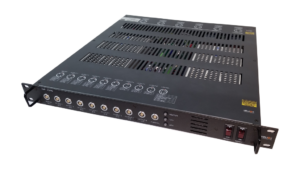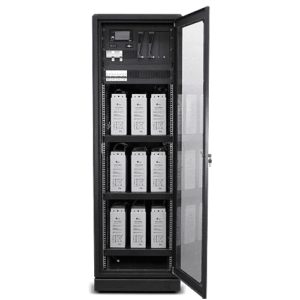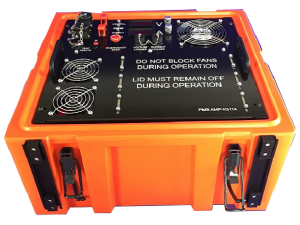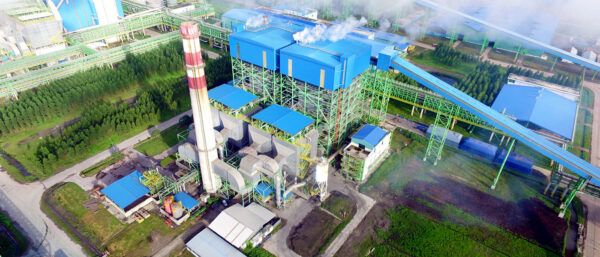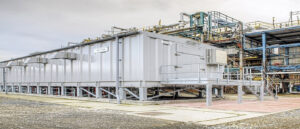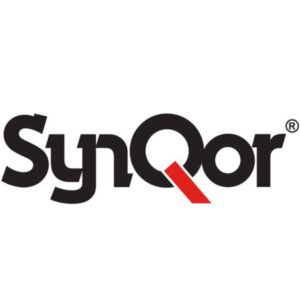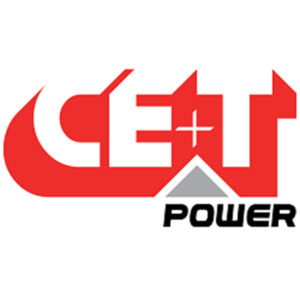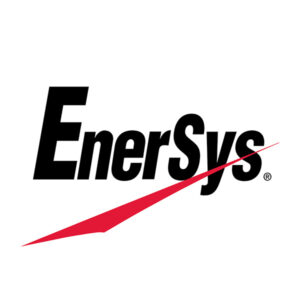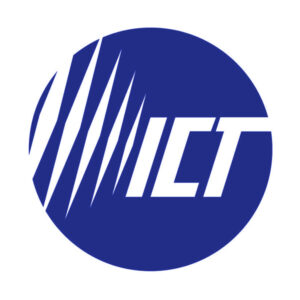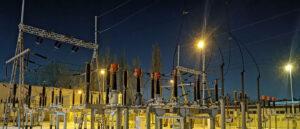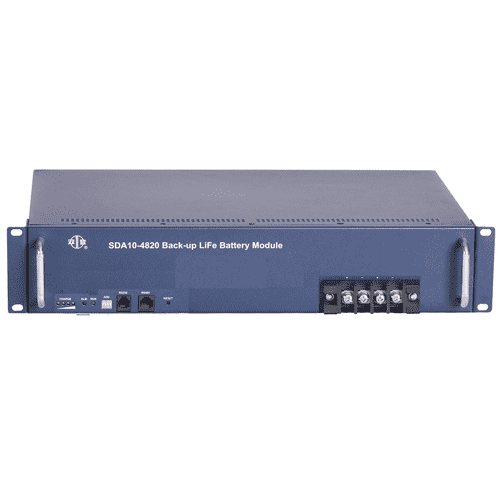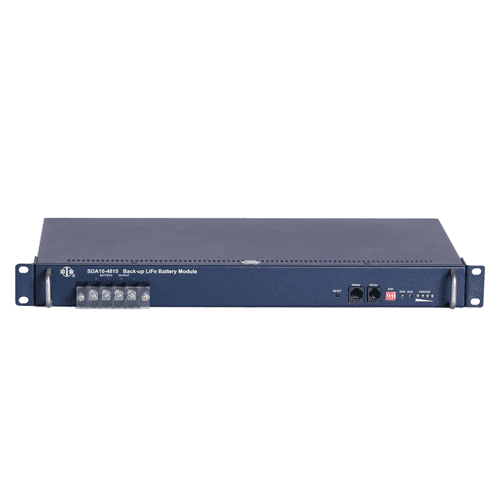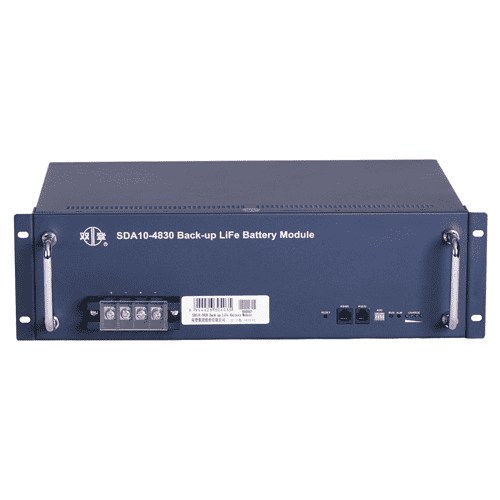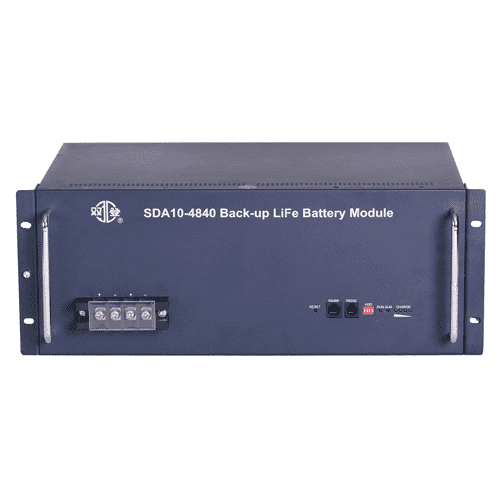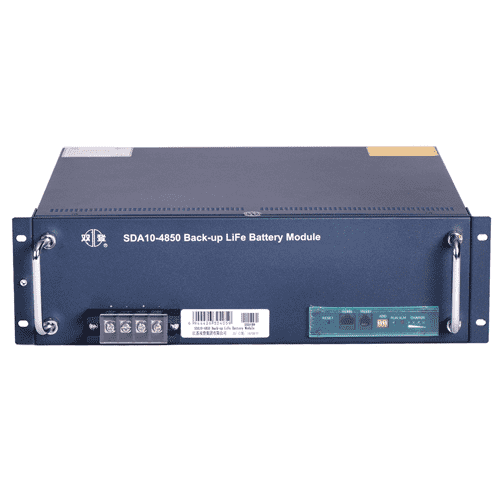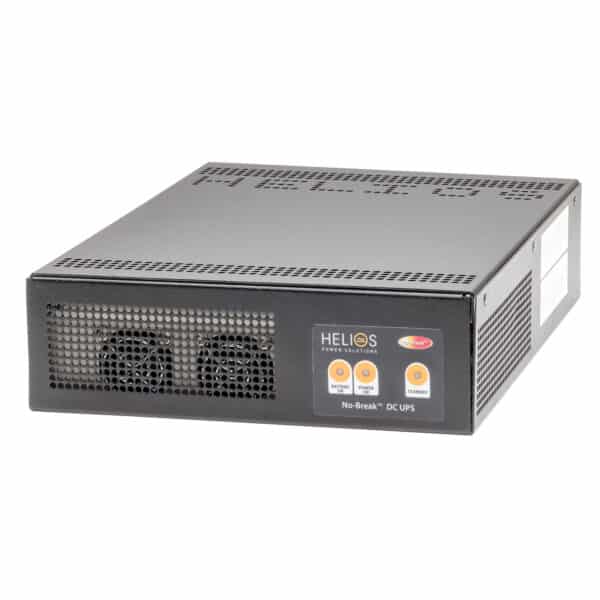Description
SDA10 Lithium-Ion LiFePO4
Battery system 48V -24V 10Ah – 50Ah
The product has many merits mainly includes integration, miniaturisation, light-weight, intelligence centralism and monitoring, maintenance and management, unattended, standardisation installation and easy operation, energy conservation, environmental protection. Now the product has been widely used in backup power of telecommunication field such as access network equipment, far-end telephone exchange, mobile telecommunication equipment, transmission facility, satellite earth station and microwave communication equipment etc.
Key Advantages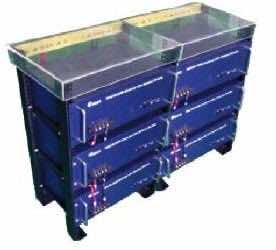
- High energy density: more energy with less weight and footprint.
- High charge and discharge current.
- Deep Cycle Application – Stable or Unstable Mains
- Long Battery Life (Three times more than a conventional battery)
- Mounting: Rack and Wall Mount.
- Communication Port: RS 232 / RS 485
- Alarms & Protection: Over voltage, under-voltage, short circuit, overload, over current, over temperature and low-temperature protection.
- From 1U to 4U height – Single Rack Mount Option (10 Ah – 50Ah)
- Rack Mount – Parallel – Floor Mount and Outdoor options available on request
Lithium-Ion LiFePO4 Technology
In 1996, the University of Texas (and other contributors) discovered phosphate as cathode material for rechargeable lithium batteries. Li-phosphate offers good electrochemical performance with low resistance. This is made possible with nano-scale phosphate cathode material. The key benefits are high current rating and long cycle life, besides good thermal stability, enhanced safety and tolerance if abused.
Li-phosphate is more tolerant to full charge conditions and is less stressed than other lithium-ion systems if kept at high voltage for a prolonged time. (See BU-808: How to Prolong Lithium-based Batteries). As a trade-off, its lower nominal voltage of 3.2V/cell reduces the specific energy below that of cobalt-blended lithium-ion. With most batteries, cold temperature reduces performance and elevated storage temperature shortens the service life, and Li-phosphate is no exception. Li-phosphate has a higher self-discharge than other Li-ion batteries, which can cause balancing issues with aging. This can be mitigated by buying high-quality cells and/or using sophisticated control electronics, both of which increase the cost of the pack. Cleanliness in manufacturing is of importance for longevity. There is no tolerance for moisture, lest the battery will only deliver 50 cycles. Figure 9 summarizes the attributes of Li-phosphate.
Li-phosphate is often used to replace the lead-acid starter battery. Four cells in series produce 12.80V, a similar voltage to six 2V lead-acid cells in series. Vehicles charge lead-acid to 14.40V (2.40V/cell) and maintain a topping charge. Topping charge is applied to maintain full charge level and prevent sulfation on lead-acid batteries.
With four Li-phosphate cells in series, each cell tops at 3.60V, which is the correct full-charge voltage. At this point, the charge should be disconnected but the topping charge continues while driving. Li-phosphate is tolerant to some overcharge; however, keeping the voltage at 14.40V for a prolonged time, as most vehicles do on a long road trip, could stress Li-phosphate. Time will tell how durable Li-Phosphate will be as a lead-acid replacement with a regular vehicle charging system. Cold temperature also reduces performance of Li-ion and this could affect the cranking ability in extreme cases.
Bu-205: Types of Lithium-ion Retrieved from http://batteryuniversity.com/learn/article/types_of_lithium_ion

